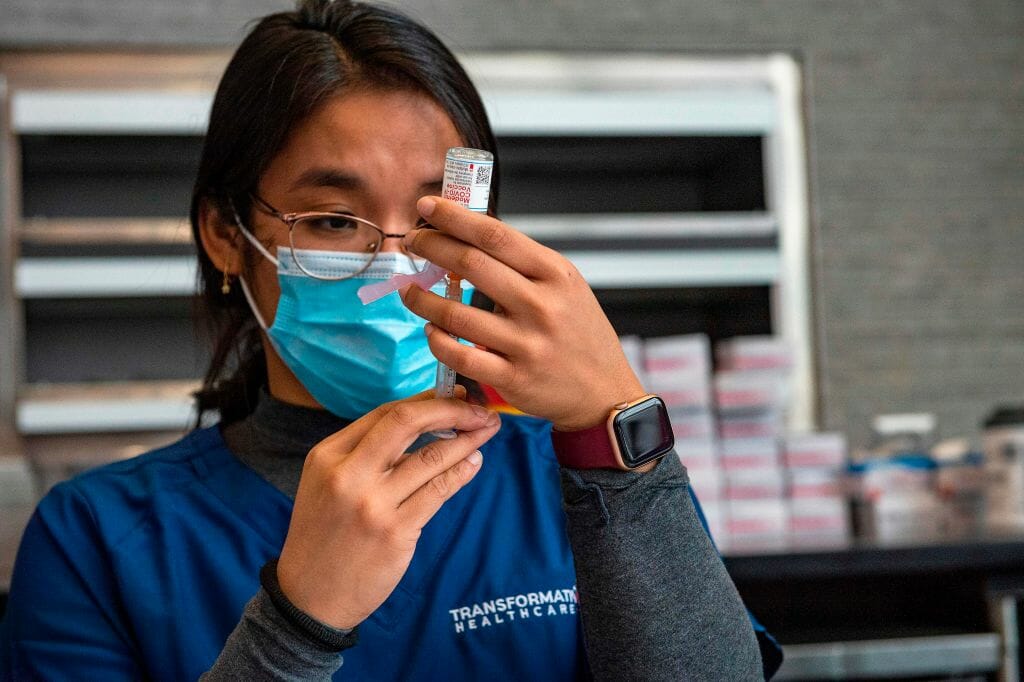What should we tell patients with cancer about getting a COVID-19 vaccine?
This is a difficult question, especially because the trials of the 2 currently approved COVID-19 vaccines (Pfizer and Moderna) excluded patients receiving cytotoxic or immunosuppressing treatments from participating in these trials. As a result, we do not currently have data regarding the safety or efficacy of either vaccine in our patient population. However, because these products do not contain any live virus and rather work through an mRNA mechanism,1 they are not likely to put immunocompromised patients at increased risk of harm.
The Centers for Disease Control and Prevention (CDC) recommend vaccination for immunocompromised persons if they do not have contraindications to the product (such as a history of an allergic reaction to a vaccine ingredient), and that immunosuppressed patients be advised of the lack of data regarding how well the vaccine may protect them. Although there is concern that immunocompromised patients may have less of a response, these vaccines may still provide some benefit and may help to reduce their risk of severe infection.
The American Society of Clinical Oncology (ASCO) and Infectious Diseases Society of America (IDSA) held a joint meeting in December 2020 to discuss this very issue.2 The expert panel agreed that patients receiving cancer treatment and cancer survivors may be offered the COVID-19 vaccine when it is available to their risk group (timing may vary by location and patient’s other risk factors).
ASCO recommends strategies used with other vaccines, such as giving the vaccine between cycles of therapy and avoiding nadirs when timing vaccine administration, be employed when possible to maximize the patient’s response to the vaccine. Regardless of whether a patient receives a COVID-19 vaccine, they must continue to protect themselves by wearing masks, social distancing, and employing other nonvaccine measures to prevent infection.
References
- Centers for Disease Control and Prevention (CDC). Understanding mRNA COVID-19 vaccines. CDC website. Updated December 18, 2020. Accessed February 17, 2021. https://www.cdc.gov/coronavirus/2019-ncov/vaccines/different-vaccines/mrna.html
- American Society of Clinical Oncology (ASCO). COVID-19 vaccine & patients with cancer. ASCO website. Updated February 11, 2021. Accessed February 17, 2021. https://www.asco.org/asco-coronavirus-resources/covid-19-patient-care-information/covid-19-vaccine-patients-cancer#:~:text=At%20this%20time%2C%20patients%20with,but%20do%20discuss%20immunocompromised%20individuals
